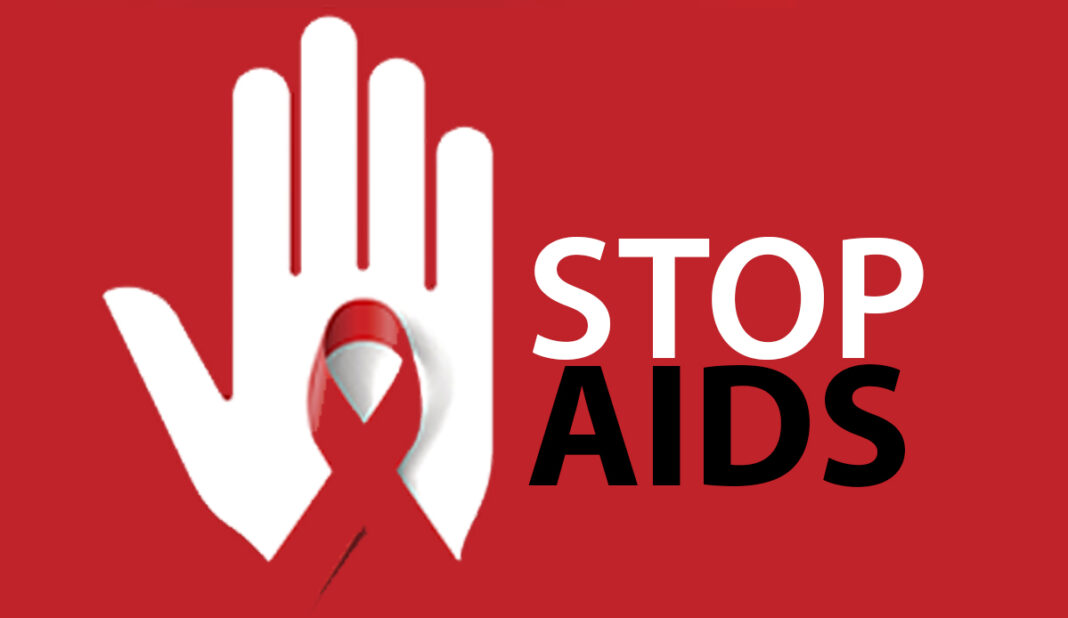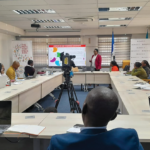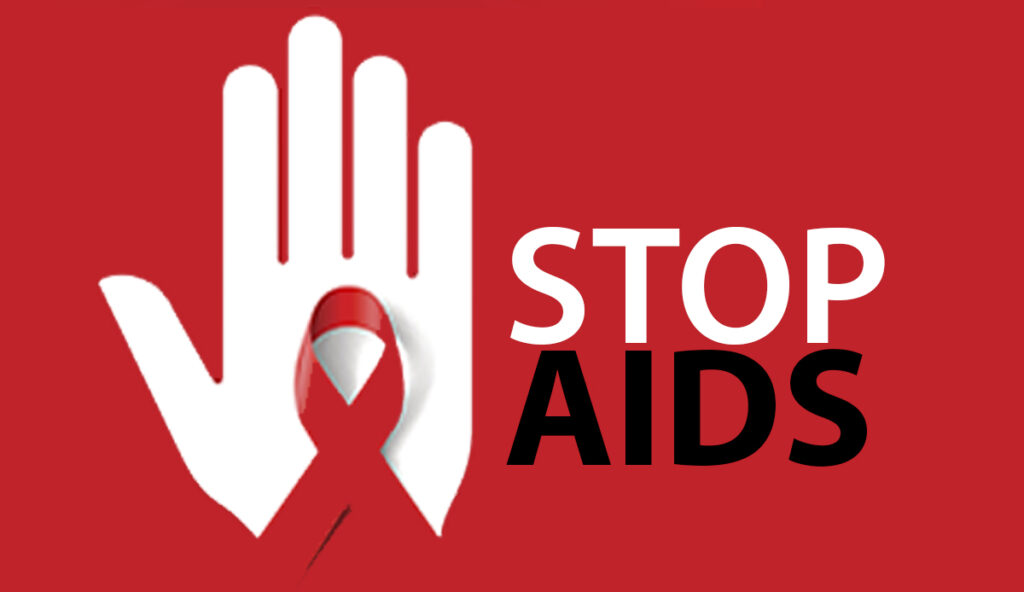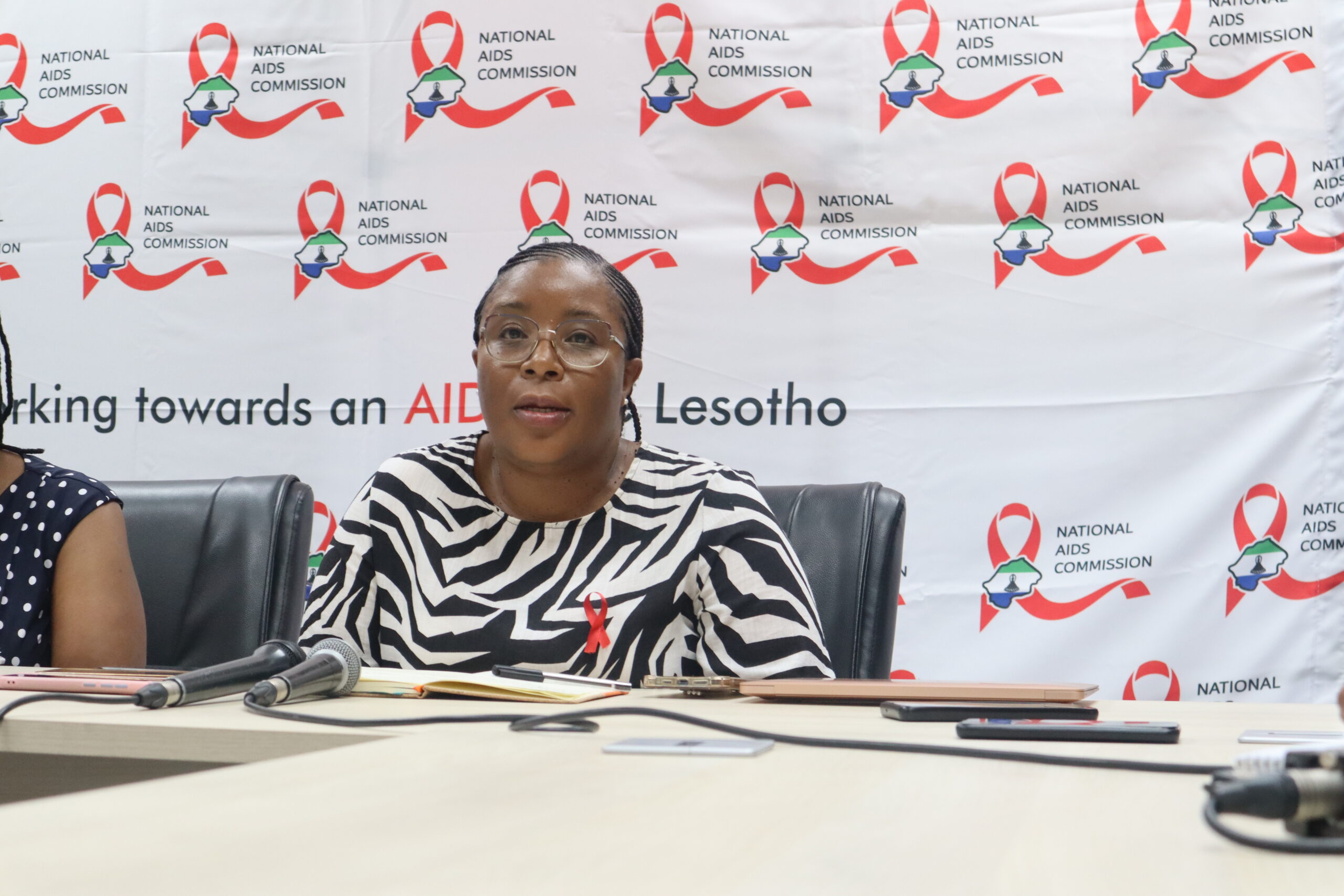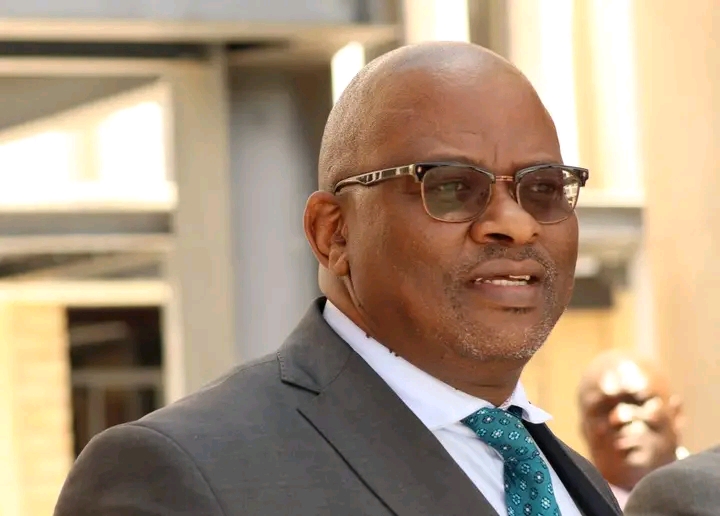Pepukai Chikukwa
The new UNAIDS Global AIDS Update Report that has just been released shows that there is a path that ends AIDS.
Taking the path that ends AIDS will also help ensure preparedness to address future pandemic challenges, and advance progress across the Sustainable Development Goals.
The data set out in this report make it clear what that path is. It is not a mystery. It is a political and financial choice. HIV responses succeed when they are anchored in strong political leadership to: follow the evidence; tackle the inequalities holding back progress; enable communities and civil society organizations play their vital role in the response; and ensure sufficient and sustainable funding.
Several countries are already on track. Botswana, Eswatini, Rwanda, the United Republic of Tanzania and Zimbabwe have already achieved the 95–95–95 targets, and Lesotho is very close to reaching this target.
Progress has been strongest in the countries and regions that have the most financial investments, such as in eastern and southern Africa. In this region, the resources available in 2022 were close to the total amounts needed in 2025, but this situation is fragile without strong political commitment and increased domestic resources.
And progress has been strengthened by ensuring that legal and policy frameworks do not undermine human rights, but instead enable and protect them. Several countries have removed harmful laws in 2022 and 2023, including five (Antigua and Barbuda, the Cook Islands, Barbados, Saint Kitts and Nevis, and Singapore) that have decriminalized same-sex sexual relations. This courage is what generates the opportunity for success in ensuring access to services.
These examples of putting people and communities first demonstrate how together we can end AIDS as a public health threat by 2030. As the report sets out, however, none of this will come automatically. Whilst access to HIV treatment has helped save 20.8 million lives, these life-saving advances are still being denied to millions of people who urgently need them. AIDS claimed a life every minute in 2022. There were 1.3 million new HIV infections, and 9.2 million people are still missing out on treatment, including 43% of children living with HIV.
Ongoing social and economic inequalities within countries and between them are exacerbating and prolonging pandemics and amplifying their impact amongst the poorest and the most vulnerable.
Globally, 4000 adolescent girls and young women aged 15—24 years old are newly infected with HIV every week. In Lesotho new HIV infections in adults and children declined by 74% since 2010, but 25 adolescent girls and young women are still getting infected each week. Deeply entrenched gender inequalities and discrimination, often combined with significant levels of poverty, increase their risk of HIV infection, particularly in sub-Saharan Africa including Lesotho, where HIV incidence among adolescent girls and young women is more than three times higher than among their male counterparts.
The pandemic’s ongoing cost to children is among the most painful reminders that AIDS is not over. Even though AIDS-related deaths among children (0-14 years) were reduced by 64% between 2010–2022, the epidemic still claimed the lives of an estimated 84 000 children in 2022. It is vital to ensure that children are diagnosed and reached with life-saving treatment to some 660 000 children globally, and 1 350 in Lesotho.
Punitive laws and policies, human rights violations and discrimination continue to greatly increase the risk of HIV transmission and sabotage efforts to control the epidemic among key populations. An analysis of studies in 10 countries in sub-Saharan Africa showed that HIV prevalence among gay men and other men who have sex with men was five times higher in countries that criminalized same-sex relationships than in non-criminalized settings. Where there were recent prosecutions based on those laws, HIV prevalence in this key population was 12 times greater than in countries without prosecutions. Other research has shown that repressive policing of sex workers almost doubled their risk of HIV or sexually transmitted infection, and there is compelling evidence linking policing practices with increased risk of acquiring HIV.
The obstacles in the way of progress are not fate. We can overcome them. The path that ends AIDS requires collaboration – South and North, government and communities, UN and member states together. And it requires bold leadership. The route map set out in the UNAIDS report shows how success is possible, in this decade – if we move together and with urgency.
The facts and figures shared in this report do not show that as a world we are already on the path, they show that we can be. The way is clear.
NB: Ms Pepukai Chikukwa is the UNAIDS Country Director in Lesotho

Your Trusted Source for News and Insights in Lesotho!
At Newsday Media, we are passionate about delivering accurate, timely, and engaging news and multimedia content to our diverse audience. Founded with the vision of revolutionizing the media landscape in Lesotho, we have grown into a leading hybrid media company that blends traditional journalism with innovative digital platforms.


